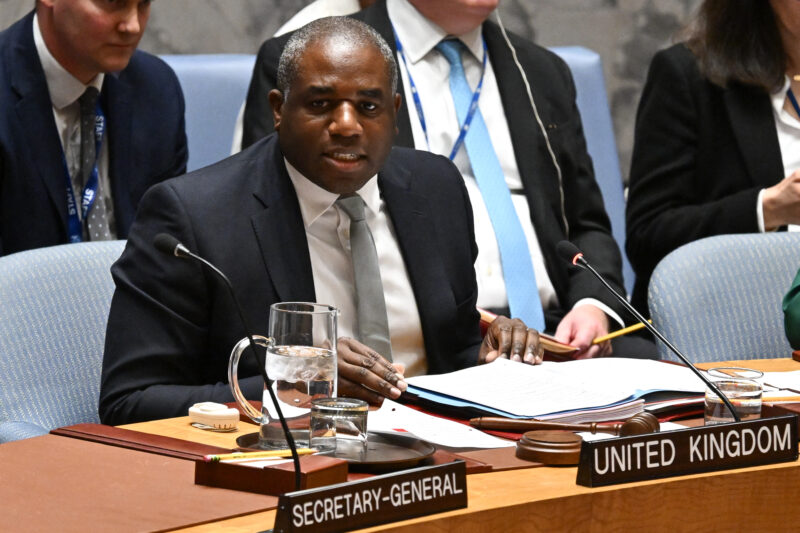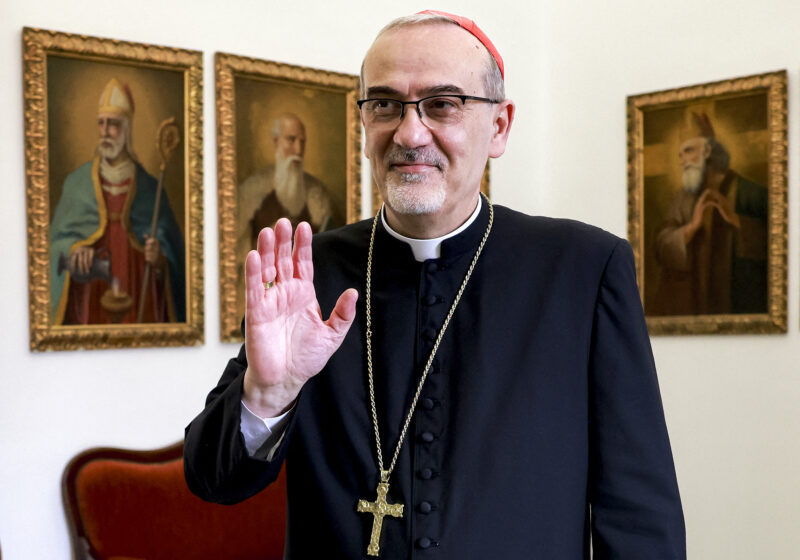Jewish lawmakers divided over Jewish caucus push
The effort has divided the fractious group of House members, attracting skepticism from progressives

Anna Moneymaker/Getty Images
Rep. Debbie Wasserman Schultz (D-FL) speaks during a press conference on new legislation to support Holocaust education nationwide at the U.S. Capitol Building on January 27, 2023, in Washington, D.C.
Jewish House members are moving for the first time toward establishing an official caucus, holding an initial organizational meeting on Friday, but the process is plagued with obstacles.
Rep. Debbie Wasserman Schultz (D-FL), who filed for and received official administrative recognition for the group last month, hosted the meeting.
“We had a very well-attended, constructive meeting focused on how we can work together and develop our broader mission,” she said in a statement to Jewish Insider. “We did a lot of listening and considering one another’s opinions and thoughts. We left looking forward to continuing to engage in these discussions with our colleagues so that we can come together in consensus on how a secular Jewish Caucus can be most effective.”
Wasserman Schultz’s statement alludes to the significant hurdles that have dogged the process and considerations of an official caucus for years. Congressional Jews disagree on a range of issues, including over Israel policy.
Jewish Democrats include some of the most staunchly and vocally pro-Israel members in the House and a handful of the progressive Democrats calling for a cease-fire between Israel and Hamas, making consensus on key issues a difficult prospect for the prospective caucus.
Wasserman Schultz and others publicly supportive of a caucus are mostly members of the pro-Israel wing.
Rep. Jerry Nadler (D-NY), the longest-serving Jewish member in Congress, has convened Jewish Democrats in an informal caucus for years, and has sought to bring the group — or as many members of it as possible — together on statements on issues on which they do agree.
He has said he opposes forming a caucus, calling the effort unnecessary and rushed and lamenting that he and other Jewish members weren’t included in initial discussions. Nadler did not respond to a request for comment after Friday’s meeting.
Nadler’s longtime chief of staff, Amy Rutkin, who played a key role in efforts to build consensus and hold Democrats together on Israel policy, recently announced her retirement, another potential shake-up in Jewish member dynamics.
The caucus is expected to have bipartisan membership: Rep. Max Miller (R-OH) said he wasn’t consulted before the caucus was formed, but plans to join. Rep. David Kustoff (R-TN) has said he won’t be joining, though, due to a general policy against joining caucuses.
Wasserman Schultz has said her goal in seeking to form the group is to create a more formal voice and platform for Jewish lawmakers to advocate for the Jewish community.
The caucus “will allow us to approach issues and matters before Congress through a Jewish perspective and to help prioritize issues important to the American Jewish community,” she said, “because it is increasingly evident that we need a seat at the table on matters that are critical to our communities.”
Critics of the effort, like Nadler, have said trying to form a caucus would only serve to highlight the divisions among Jewish lawmakers.
There have also reportedly been concerns about being the first religious caucus in Congress, perhaps prompting Wasserman Schultz’s mention of the caucus being “secular.”
Other congressional caucuses working on Jewish issues — such as the Congressional Task Force on Combating Antisemitism, caucuses on Black-Jewish and Latino-Jewish relations, the Abraham Accords Caucus and various Israel-related groups — have operated on the Hill for years, but have included both Jewish and non-Jewish leaders and members.













































































